Protein vs BCAA: What’s the Difference?
Author:
Unlock your full potential by engaging with our experts and community! Have questions about your fitness journey or looking for expert advice on weightlifting techniques? Don’t hesitate — leave a comment below and Oleksandr Maksymenko will provide a personalized answer and insights to help you reach your goals.
Torokhtiy is reader-supported. Some links are affiliate links, and we may earn a commission at no extra cost to you. See our disclosure page for details.
Protein vs BCAA are some of the best-selling supplements on the market. However, are they equivalent for muscle growth and recovery? From this article you will know what these supplements are, in what case BCAA makes no sense, and in what cases it can be useful!
Protein vs BCAA? – The protein powder contains all 9 essential amino acids (including Branched-Chain Amino Acids), while the latter contains only 3 essential amino acids. If you’re getting enough protein, supplementing with BCAAs doesn’t make sense. However, it may be useful in some specific situations.
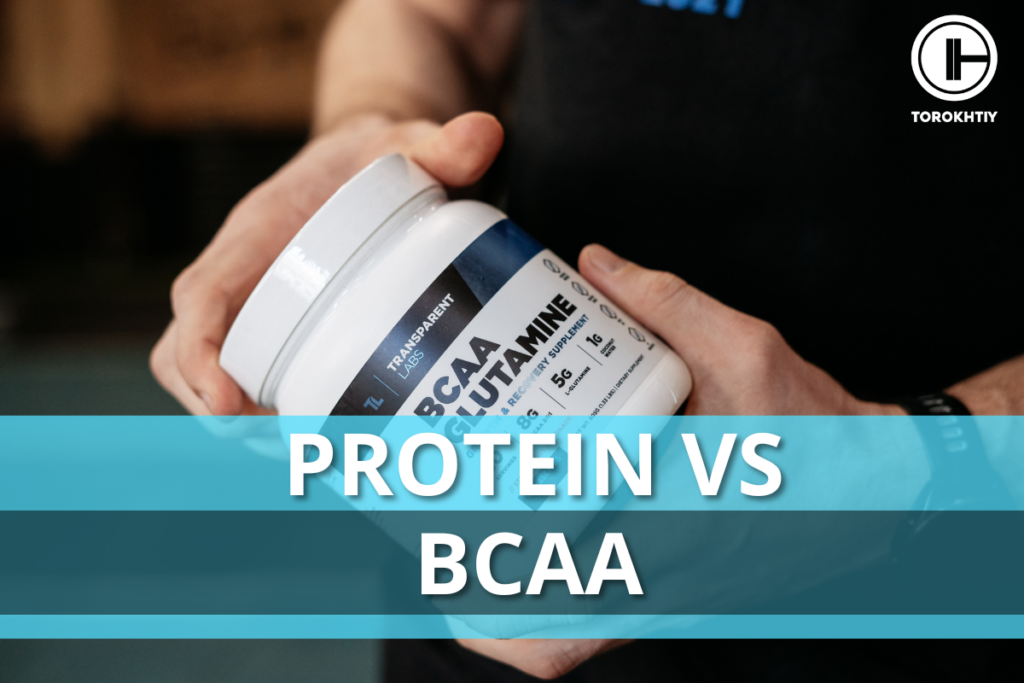
What Is Protein Powder?
Protein powder is a source of protein in a concentrated and dried form. The building blocks of protein are amino acids. Our body needs 20 amino acids for normal functioning, but 9 of them are indispensable (essential).
That is, they must come from food, because our body is unable to synthesize them. Also, these 9 essential amino acids are absolutely necessary for the growth of our muscles.
Depending on the raw materials used, protein supplements contain essential amino acids in different proportions and quantities. For example, dairy-based proteins contain all 9 essential amino acids in the required amounts.
However, the amino acid distribution profile is less optimal in plant foods than in animal foods.They usually lack the essential amino acids like methionine and/or lysine. Also plant-based proteins contain less leucine.
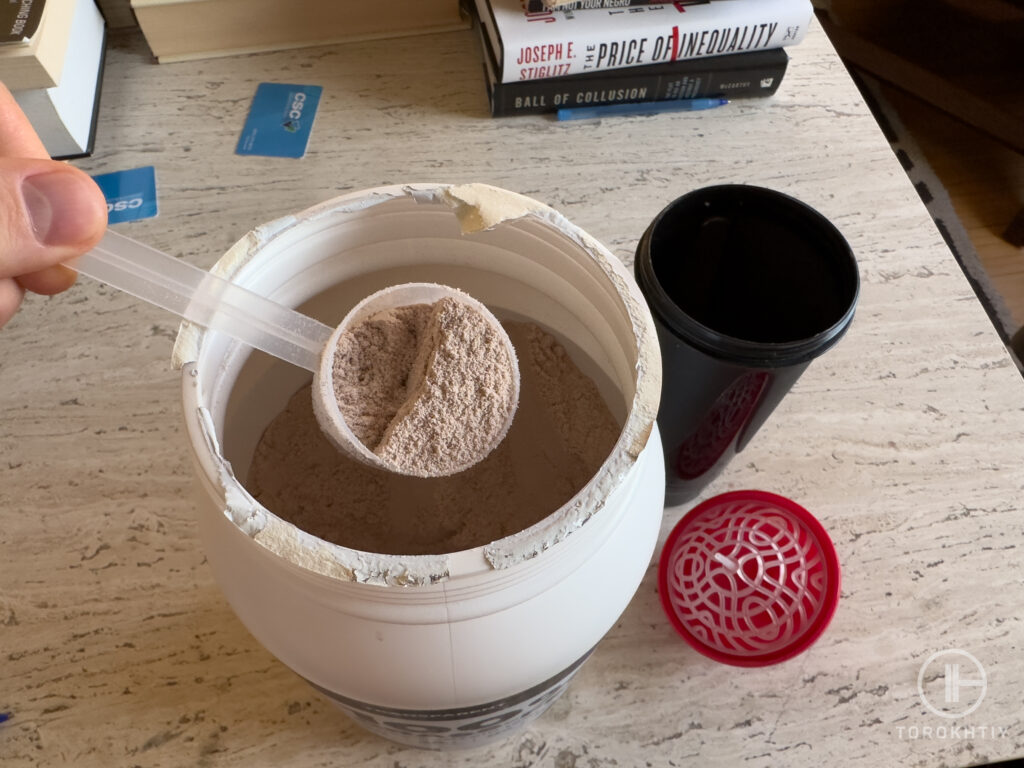
What Is BCAA?
BCAA stands for Branched-Chain Amino Acids, which got their name because of their chemical structure. This supplement contains only 3 essential amino acids: leucine, isoleucine and valine, and is sold as a tablet or crystalline powder.
BCAAs are unique among other amino acids because they are the only ones that bypass the liver and are metabolized directly in skeletal muscle.
If you didn’t know the key difference between BCAA and protein before, now you know that protein powder contains all or almost all of the essential amino acids in needed amounts, while BCAA contains only 3 of them, including leucine.
Leucine is considered the central player and the most important amino acid as the driving force behind gaining muscle mass. The amount of leucine in food (or a protein-containing supplement) which is needed for maximum stimulation of muscle protein synthesis (muscle growth) is up to 3 g per 1 meal.
That is, exactly how much of this amino acid should come in one meal (but with the remaining 8 essential amino acids) to achieve the maximum effect.
In general, BCAA has been attributed to such effects as:
- Reduced fatigue,
- Improved recovery,
- Reduced muscle damage / soreness after high intensity strength training,
- Increased muscle mass.
However, do not rush with conclusions, stick with us!
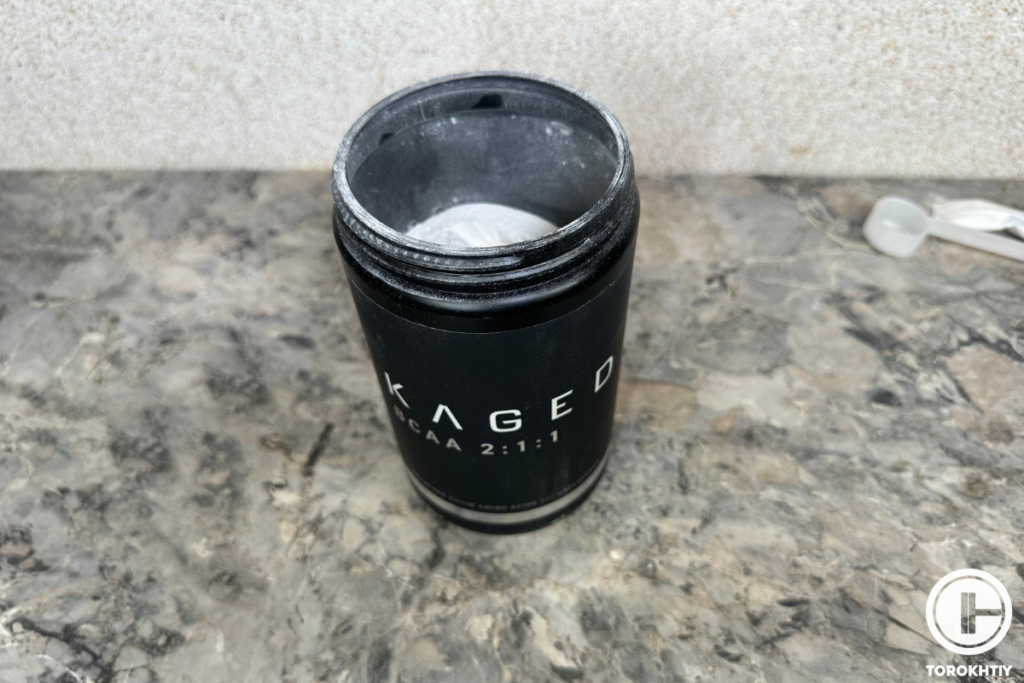
How to Pick Between Protein vs BCAA?
Now let’s take a closer look at each of the supplements.
1. Processing
Depending on the raw material used to produce the protein powder, this product can be of animal or plant-based origin. There are dairy-based protein (whey, casein, milk protein or their blends), egg protein, soy protein, pea, rice protein (pea + rice protein blends), hemp and other types of protein powders. In general, protein powders are produced by purifying, grinding and drying the raw material from whole foods to obtain a concentrated form of protein powder.
Whey protein is obtained from pasteurized and dried milk whey. Casein is the part of milk that has coagulated under the action of enzymes, acids or heat, and then been dehydrated and ground into a powder form. Egg powder is obtained by dehydrating liquid egg whites and grinding it into a powder.
For the production of protein of plant origin, raw materials (peas, soybeans, rice) are cleaned of the outer shell, separated from fats and carbohydrates and finely ground into a powder form.
Another big difference between BCAA and protein powder is the raw material for their production. You may be very surprised, but the raw materials for BCAA can be:
- Purified hair, skin, feathers or fur of animals,
- Plant proteins,
- Product of fermentation (with help of genetically modified microorganisms).
2. Average Content Of Protein/Carbs/Fats
As for protein powder, depending on the source (milk, egg, or plant protein), as well as the type of specific supplement (concentrate or isolate), the amount of protein, fat, and carbohydrates can vary significantly
For example, a standard serving of whey protein (concentrate or isolate) contains 0 to 4 grams of carbohydrates, 0 to 2 grams of fat, and 20 to 30 grams of protein. Whereas a serving of vegan protein contains about 20-22 grams of protein, 2-4 grams of fat and 2-8 grams carbs per serving.
The calorie content of one serving of a whey protein powder can be from 90 to 130 kcal or slightly more (with average 120 kcal), while the calorie content of a standard serving of vegan protein is from 120 to 160 kcal.
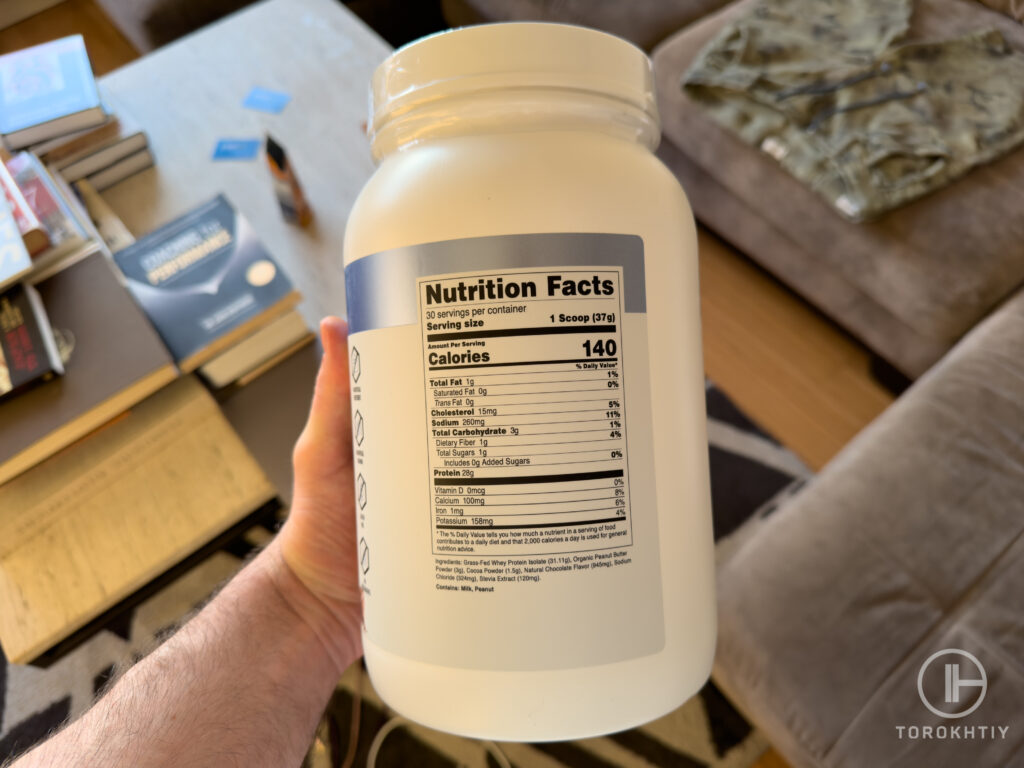
On the other hand, usually manufacturers either do not indicate the calorie content in the Supplement Facts of BCAA, or display zero calories, although isolated amino acids also have calories. BCAA supplements usually contain leucine, isoleucine and valine in a 2:1:1 ratio.
For example, you can find a supplement that contains 4 grams BCAAs, of which leucine will be 2 grams per serving, and isoleucine and leucine – 1 gram each.
Therefore, if the product contains 4 grams of amino acids (leucine, isoleucine and lysine in total), we can roughly equate them to 4 grams of protein (although in fact the calorie content of BCAAs is slightly more than 4 kcal per gram). With this amount of amino acids per serving, its calorie content will be approximately 16 kcal.
If the supplement contains 8 grams of leucine, isoleucine and valine, then the calorie content is approximately 32 kcal, and so on. BCAA is fat-free and usually contains from zero to 2 grams of carbohydrates. Although you can find products with more carbohydrates per serving.
3. Protein Quality
A high-quality protein has 2 key characteristics:
- It contains all 9 essential amino acids in needed amounts, which meets the physiological needs of the body,
- It has high digestibility and absorption.
In this component, BCAA loses to protein powders, because it contains only 3 amino acids. And while leucine is the key essential amino acid, we need all 9 essential amino acids for muscle growth and all other purposes.
Moreover, we already have great amounts of BCAAs in protein powder, especially if we are talking about whey protein, in which approximately 25% of the protein consists of branched-chain amino acids. That is, on average, one serving of whey protein contains 5.5-6.5 grams of BCAA.
A serving of plant-based protein powder contains approximately 3.5-4.5 grams of branched-chained AA. However, if a serving contains 27-30 grams of protein (rather than 20-22 grams like many vegan proteins), then the total amount of branched-chained AA will be around 5-5.5 grams.
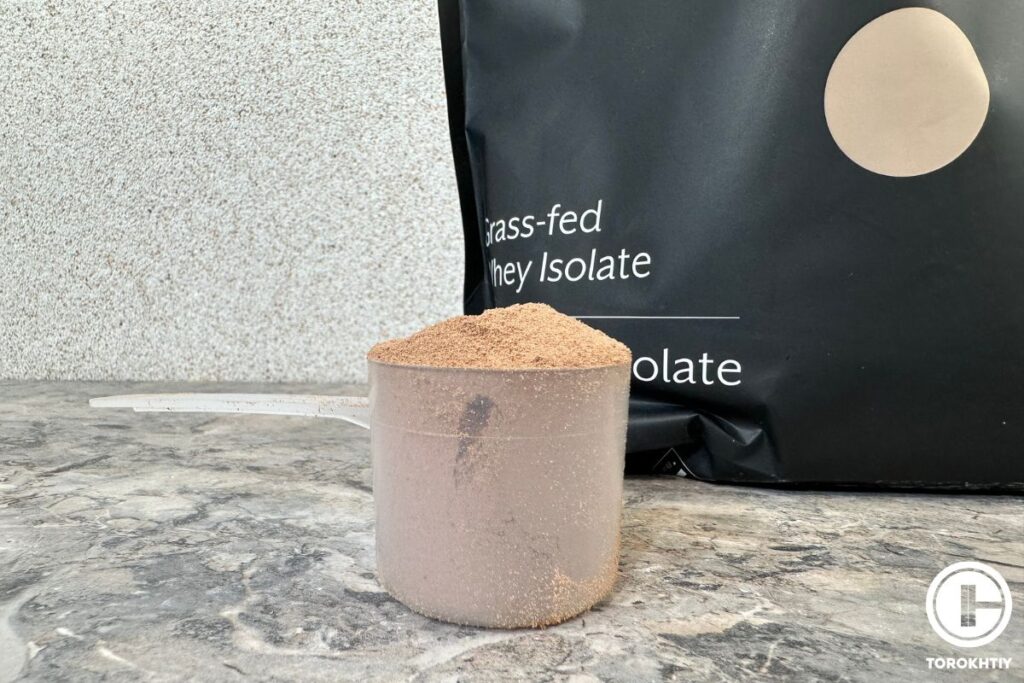
4. Taste
Protein powder vs BCAA differ in taste. BCAA is bitter and has a specific aroma. To improve the taste and reduce the bitterness, additives that soften the bitterness can be added. This product can also contain natural or artificial sweeteners. By the way, this supplement in powder form is poorly soluble in water.
On the other hand, even unflavored versions of protein powder have a more pleasant taste and generally do not have bitterness. Natural or artificial sweeteners are also added to improve the taste.
5. Price Range / Value for Money
One serving of whey protein or vegan protein costs an average of $1.2 to $2 (protein isolate and vegan protein usually costs closer to the upper range).
On the other hand, one serving of BCAA costs about $0.7-$1.6 (depending on the brand and the quantity of branched-chain amino acids in grams). However, that doesn’t make it a winner in the “Price range” category, as you’re paying about $1 only for 3 amino acids, whereas protein powders typically contain all 9 essential amino acids.
6. Label Transparency
The source of protein powder is always listed in the ingredients (e.g. whey concentrate, pea, rice protein, etc.), while the source of BCAA in the form of supplement is not.
If this isn’t a problem for omnivores (apart from understanding the fact that your supplement can be made from animal feathers, hair, or fur), it can be a real problem for vegans who avoid absolutely all products of animal origin. For this reason vegans should research the BCAA supplement carefully to ensure that it is completely vegan (plant-based / fermented product).
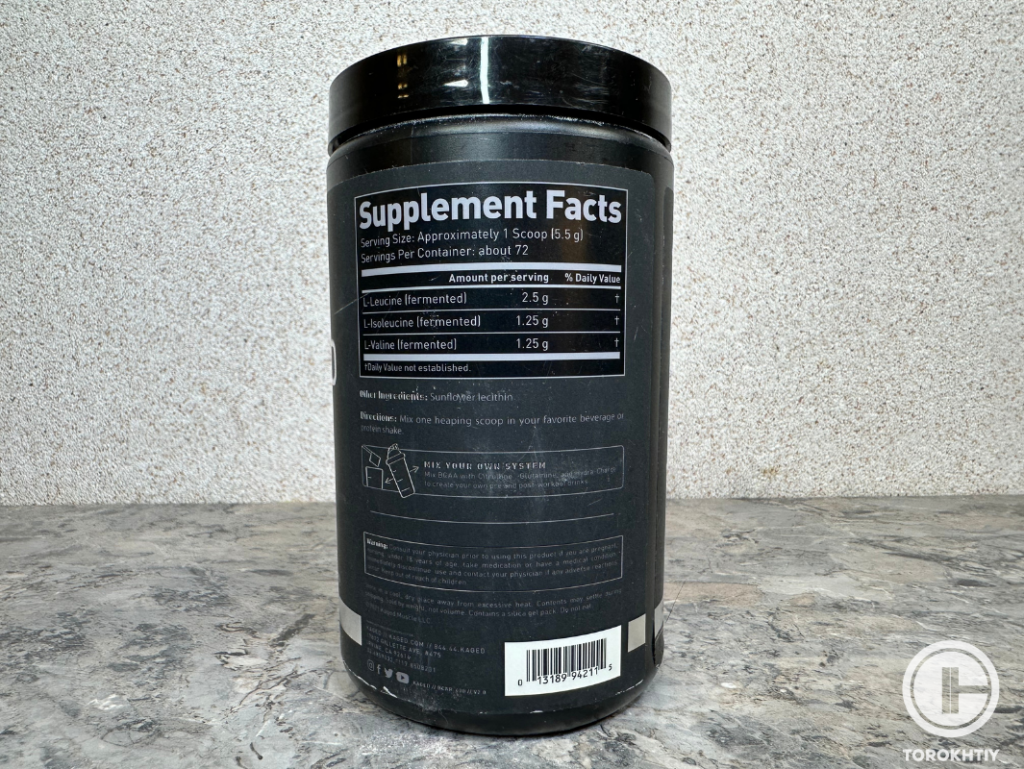
BCAA vs Protein: When to Use Each?
Protein powder is a versatile supplement that can be taken for various purposes:
- To increase the total amount of protein in the diet or to have another protein source option to replace 1 to 2 servings of whole protein foods per day,
- Use as a convenient snack, including pre-workout (for example, whey isolate) or before bed (for example, casein),
- Use it as an alternative to sweets (you can make delicious shakes with protein).
As for BCAA, there are nuances here. If you are getting approximately 1.6 or more grams of high-quality protein per 1 kg of body weight (0.73 g / lb), then supplemental intake of BCAAs to enhance muscle building most likely will not have a noticeable effect.
After all, in this situation, you are already getting a sufficient amount of all essential amino acids, including BCAA.
However, taking BCAA to maximize the process of building muscle mass may be useful for 2 groups of people:
- For vegetarians and especially vegans, because plant-based protein contains less BCAA / leucine. In this case, adding BCAAs to plant protein will increase the amount of leucine and improve the overall amino acid profile of the diet. This can optimize the process of building muscle mass.
- For older people, who may need more leucine in each meal than younger people to maximize muscle protein synthesis.
In general, based on the scientific consensus, there appears to be little to no need to supplement with BCAA for building muscle mass in the context of adequate high-quality protein intake from whole foods and protein powder.
For certain groups of people, this supplement may be useful. However, in this case, it is better not to take it separately, but right during the meal with other high protein food, so that you receive all 9 essential amino acids in the necessary quantities at the same time.
If you are interested in alleviating delayed onset of muscle soreness (DOMS) and promoting better recovery after heavy exercise, in this context BCAA can be considered as a potentially effective supplement (although the evidence is still limited).
Protein or BCAA: Summary
Considering all the points and the general scientific consensus, let’s highlight the advantages and disadvantages of each of the supplements.
Pros/Cons of Protein
Positives:
Could be better:
Transparent Labs Grass-Fed Whey Protein
- Serving Size: 32.96g
- Price Per Serving: ~$1.8
- Protein: 28g
- Carbohydrates: 1g (depends on flavor)
- Fat: 0.5g (French Vanilla only)
- Added Sugar: 0g
- Calories Per Serving: 120
- Recommended By Athletes: Hafþór Júlíus Björnsson, Terron Beckham, Paul Sklar
If you need top-quality protein with a huge amount of BCAA per serving, we recommend whey protein isolate from Transparent Labs. With 28 grams of protein per serving, this product contains approximately 7 grams of branched-chained amino acids. Excellent mixing, suitable for any goal (build muscles or lose weight), tested by a third party!
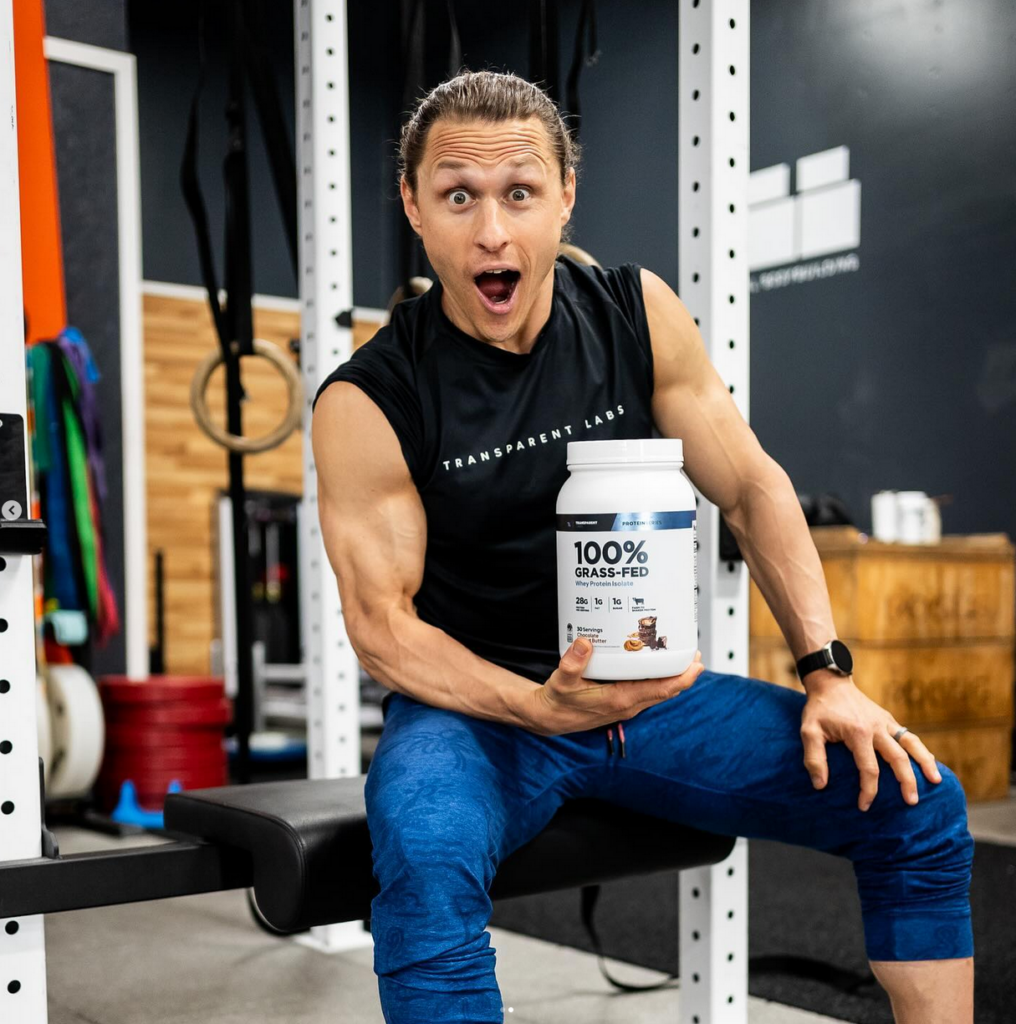
Pros/Cons of BCAA
Positives:
Could be better:
HUGE EAA
- Serving Size: 17.37g
- BCAA: 8g
- Additional Ingredients: Calcium, Sodium, Potassium
- Servings per Container: 30
- Price Per Serving: ~$1.3
- Recommended by Athletes: Matt Greggo, Tren Twins, Max Taylor
If you want to enrich your diet with the most anabolic amino acids (especially leucine), you can pay attention to HUGE EAA! This product contains 8 grams of branched-chain amino acids with a needed ratio of 2:1:1. This means that a serving of the product contains 4 grams of leucine and 2 grams each of isoleucine and valine.
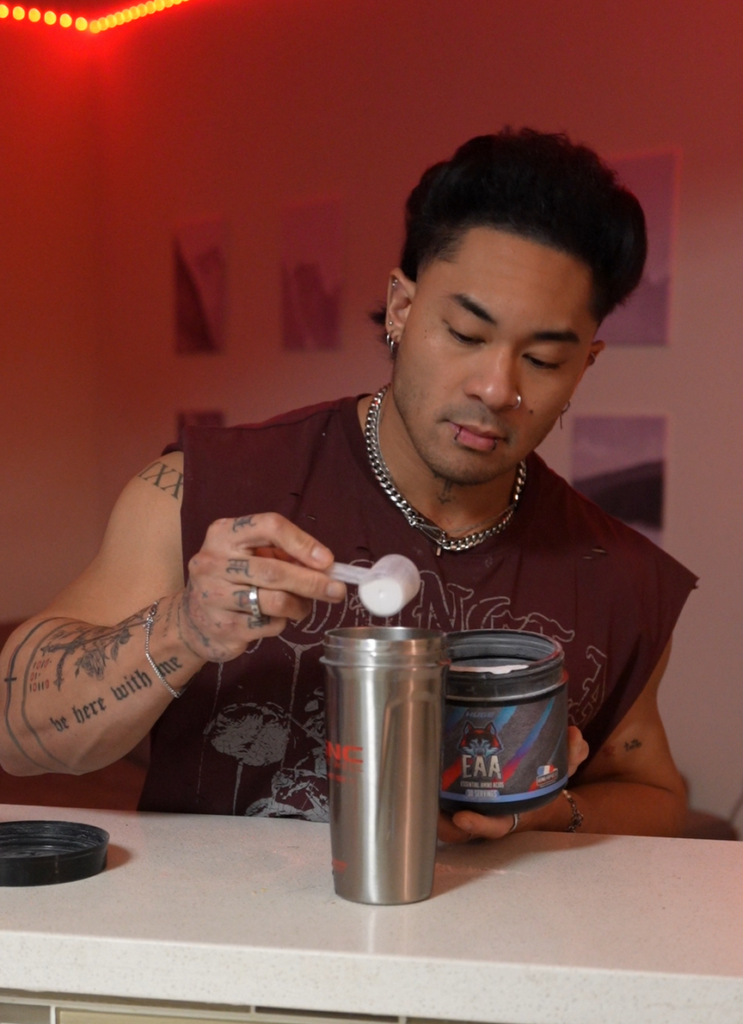
You can also divide the specified portion into 2 and add to a protein. So you will get potentially more anabolic shake, and the pack of HUGE will not run out so quickly! However, this is not mandatory, consider everything that has been said above.
FAQ
Do I need BCAA if I take protein?
If you’re getting enough high quality protein from whole foods and supplementing with protein powder with the goal of increasing muscle mass, BCAAs aren’t needed. Exceptions may be those who wish to alleviate delayed onset of muscle soreness and improve recovery.
If you are taking a plant-based protein, then you can take BCAA to improve the amino acid profile of your meal and increase the amount of leucine.
What is BCAA in protein powder?
There are 3 branched-chain amino acids – leucine, isoleucine and valine. They can be taken as a separate supplement, but are already contained in a quality protein powder.
Do BCAAs have protein?
Proteins are very complex molecules, while amino acids are simple molecules. Protein is made up of amino acids, not the other way around.
Conclusion
Protein (especially whey), is deservedly one of the most popular supplements on the market. On the other hand, BCAA may be useful for some groups of people (vegans and older people) and for some specific purposes (for potentially alleviating muscle soreness after high intensity training).
And which of the products do you give priority? Tell us in the comments!
Also Read:
- Best Protein For Cutting
- Best Protein Powder For Runners
- Best Strawberry Protein Powder
- Whey Protein Concentrate vs Isolate
- How Much Is A Scoop Of Protein Powder
- Mass Gainer vs Whey Protein
- What to Mix Protein Powder With
References:
- The Role of the Anabolic Properties of Plant- versus Animal-Based Protein Sources in Supporting Muscle Mass Maintenance: A Critical Review // National Library of Medicine: https://www.ncbi.nlm.nih.gov/pmc/articles/PMC6723444/
- International Society of Sports Nutrition Position Stand: protein and exercise // Journal of the International Society of Sports Nutrition: https://jissn.biomedcentral.com/articles/10.1186/s12970-017-0177-8
- Branched-chain amino acids (BCAA) // Australian Sports Commission: https://www.ais.gov.au/nutrition/supplements/group_c#bcaa_leucine
- The impact of protein quality on the promotion of resistance exercise-induced changes in muscle mass // Nutrition & Metabolism:
- https://nutritionandmetabolism.biomedcentral.com/articles/10.1186/s12986-016-0124-8
- BCAAs: Are they worth the hype? // Examine: https://examine.com/summaries/study/9glYNd/
- Photos made by Torokhtiy Media Team
Why Trust Us?
With over 20 years in Olympic weightlifting, strength training, nutrition coaching, and general fitness our team does its best to provide the audience with ultimate support and meet the needs and requirements of advanced athletes and professional lifters, as well as people who strive to open new opportunities and develop their physical capabilities with us.
By trusting the recommendations of our certified experts in coaching, nutrition, and sports training programming, as well as scientific consultants, and physiotherapists, we provide you with thorough, well-considered, and scientifically proven content. All the information given in the articles concerning workout programming, separate exercises, and athletic performance, in general, is based on verified data.
The product testing process is described in more detail here.
Author: Oleksandr Maksymenko
Certified Sports Nutritionist,
MSc Sports Dietetics
Specializing in: Weight management, Fitness / Sports nutrition
Oleksandr is a professional fitness nutritionist certified by the Fitness Professional Association (FPA). He follows the principles of evidence-based dietetics and fosters a healthy relationship with food in his clients, ensuring there are no strict prohibitions on their favorite foods or frequent lapses. His primary goal is not only to achieve results for you but also to sustain them over the long term, all while enjoying tasty and delicious food.



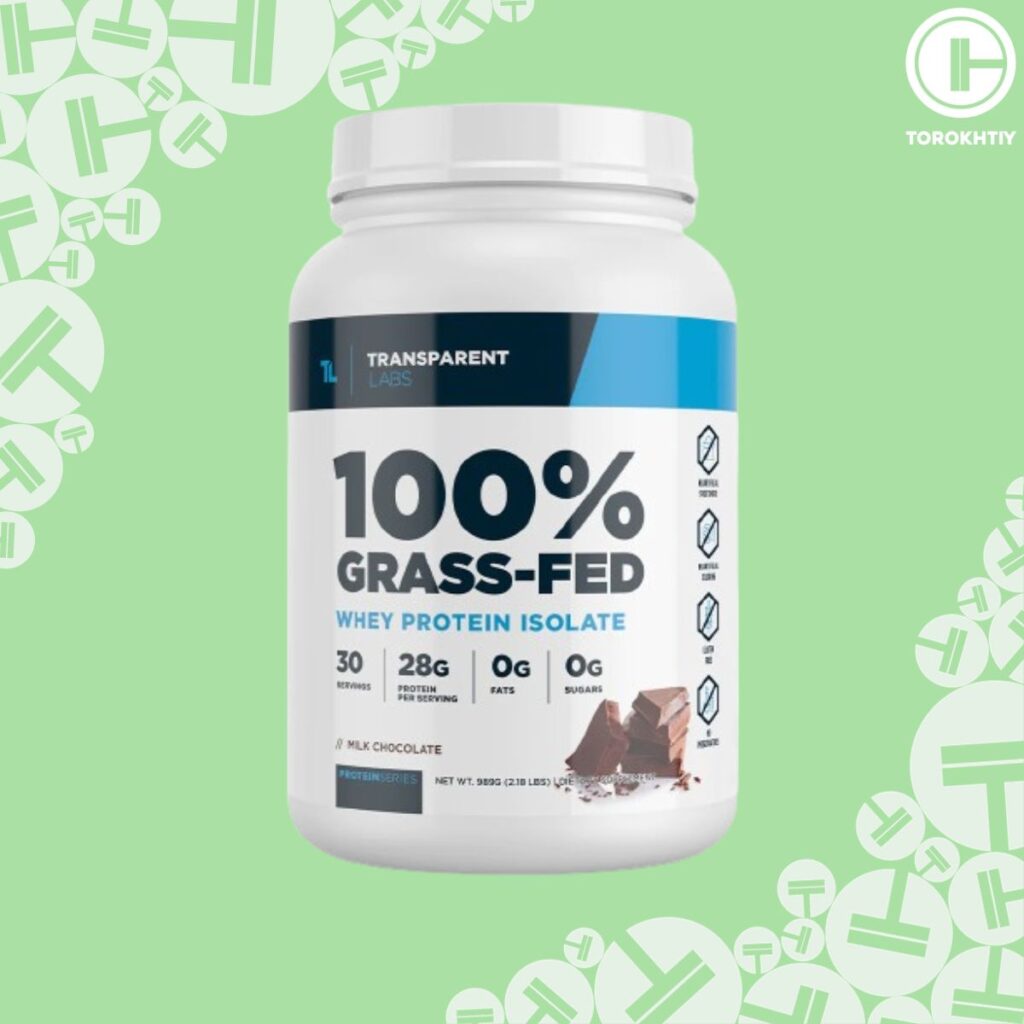
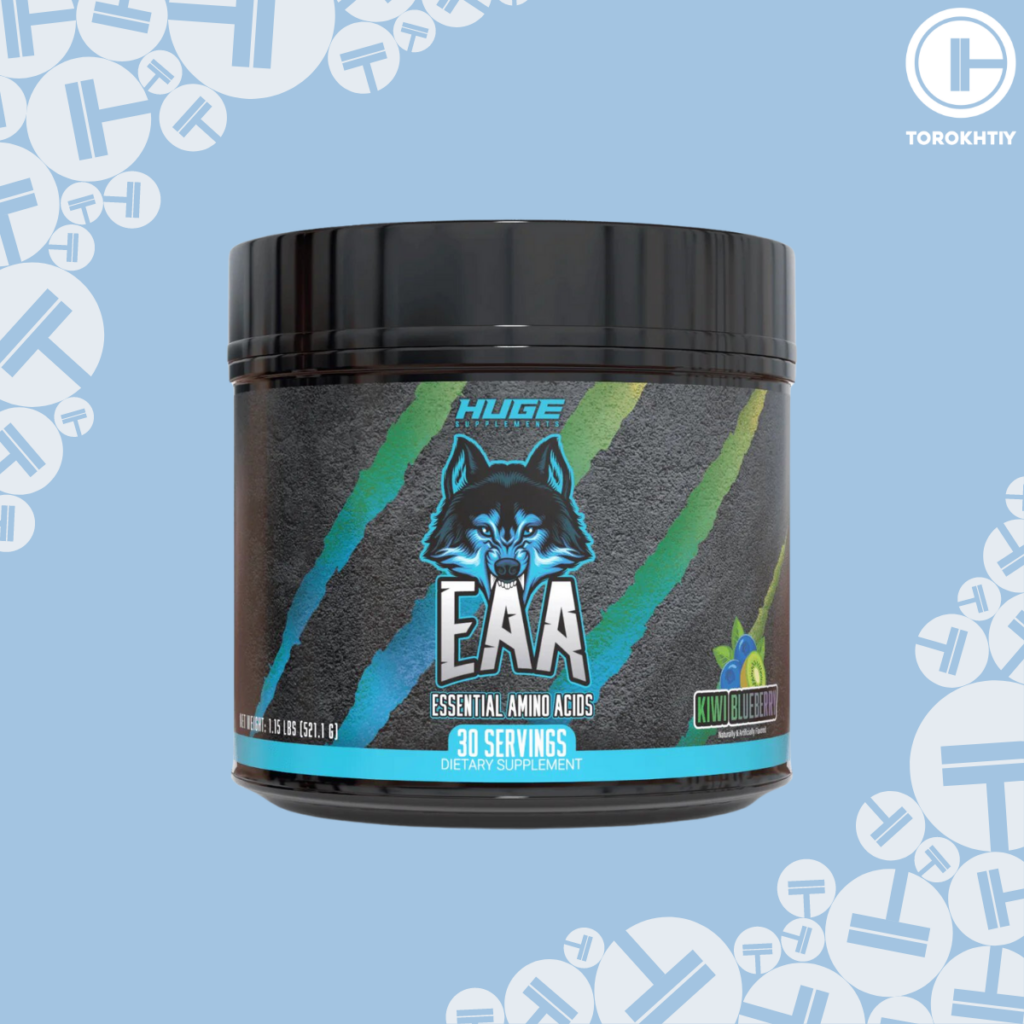
Still have questions after reading our article? Unlock your full potential by engaging with our experts and community! Don’t hesitate — leave a comment below and Oleksandr Maksymenko will provide a personalized answer and insights to help you reach your goals.